20 February 2025
Gaming events have become one of the most exciting and influential platforms in the gaming industry. From high-profile showcases like E3 and Gamescom to smaller indie-focused festivals such as IndieCade and PAX, these events offer a stage for developers to share their passion, creativity, and hard work with the world. While AAA studios often dominate the spotlight during these occasions, indie developers have carved out their unique space to connect with fans, attract publishers, and network with other creators.
For indie developers, gaming events can be both a golden ticket and an overwhelming challenge. But how exactly do these events influence their work, careers, and even the indie gaming industry as a whole? Let’s dive headfirst into this, break it down, and figure out why gaming events are more than just flashy trailers and packed convention halls.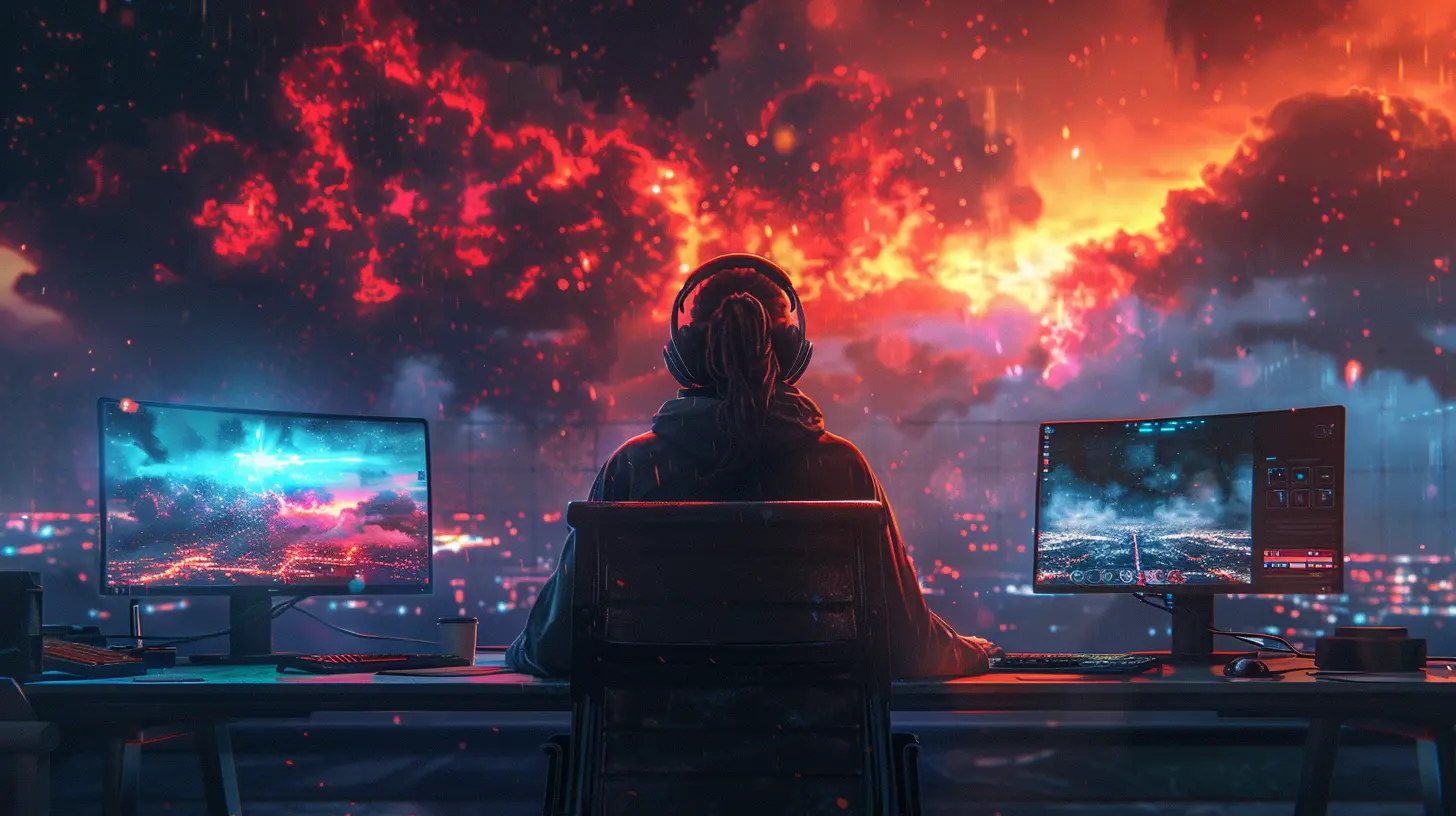
Why Gaming Events Matter for Indie Developers
Imagine sitting at your desk for months or even years, pouring your heart into a game. Then comes a gaming event—a rare opportunity to show your baby to a live audience. Kind of like taking your prized science project to the state fair, right? Gaming events are that kind of moment for indie devs, but on a global scale.Indie developers don’t have the marketing muscle or AAA budgets that major studios enjoy. These events act as a megaphone, amplifying their voice and helping them stand out in a crowded marketplace. They’re not just "optional"; they’ve become essential for survival and growth in an increasingly competitive industry.
1. Visibility: Standing Out in a Saturated Market
The indie game scene is thriving, and that’s fantastic news—until you realize the sheer volume of games being released. Steam alone sees thousands of new game launches every year. For an indie dev, cutting through that noise is, frankly, a nightmare. Gaming events offer a much-needed lifeline.Picture this: A well-placed booth at PAX or a demo slot during a digital Indie Live Expo. Suddenly, your game isn’t buried on the eighth page of some online store—it’s front and center on someone’s radar. Events like these are basically the indie equivalent of a big movie trailer at the Super Bowl. They give developers a rare moment in the spotlight to make a strong first impression.
2. Connecting With Fans
Let’s be real; the gaming community thrives on relationships. Events give indie devs the chance to connect directly with their audience—whether that’s by chatting at a booth, hosting a Q&A session, or simply watching somebody play their game in real time.There's something magical about seeing someone light up when they "get" your game, isn’t there? For indie developers, events are a chance to humanize their work and forge emotional connections with players. This level of intimacy is something that big studios, with their corporate barriers, often struggle to replicate.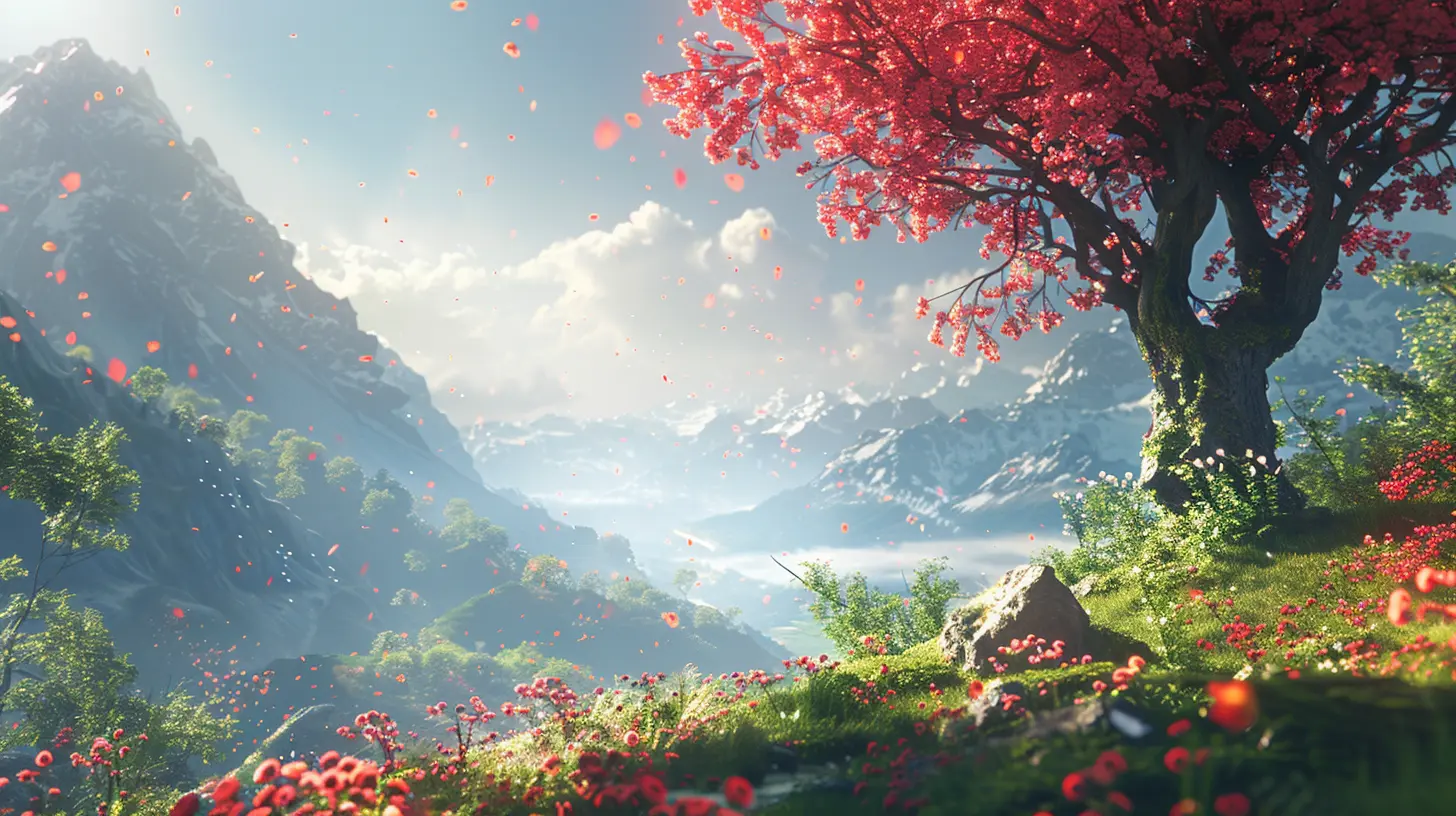
Financial and Career Opportunities
3. Attracting Publishers and Investors
While connecting with fans is vital, let’s not ignore the business side of things. Indie development isn’t cheap, and funding can be a huge hurdle. Gaming events are prime networking grounds, often acting like speed-dating events for devs and publishers.Publishers stroll the event floors looking for the next "big little thing." For devs, this might be their chance to secure a publishing deal, funding, or distribution partnership. It’s a nerve-wracking process, sure—kind of like pitching your startup to a room full of venture capitalists. But when it works? It can be life-changing.
4. Winning Awards and Accolades
Many gaming events host competitions or offer awards specifically for indie titles. Winning (or even being nominated) for something like "Best Indie Game" at an event can be a massive credibility boost. It's like earning a Michelin star for your tiny neighborhood café—it validates all your hard work and instantly puts your game on the map.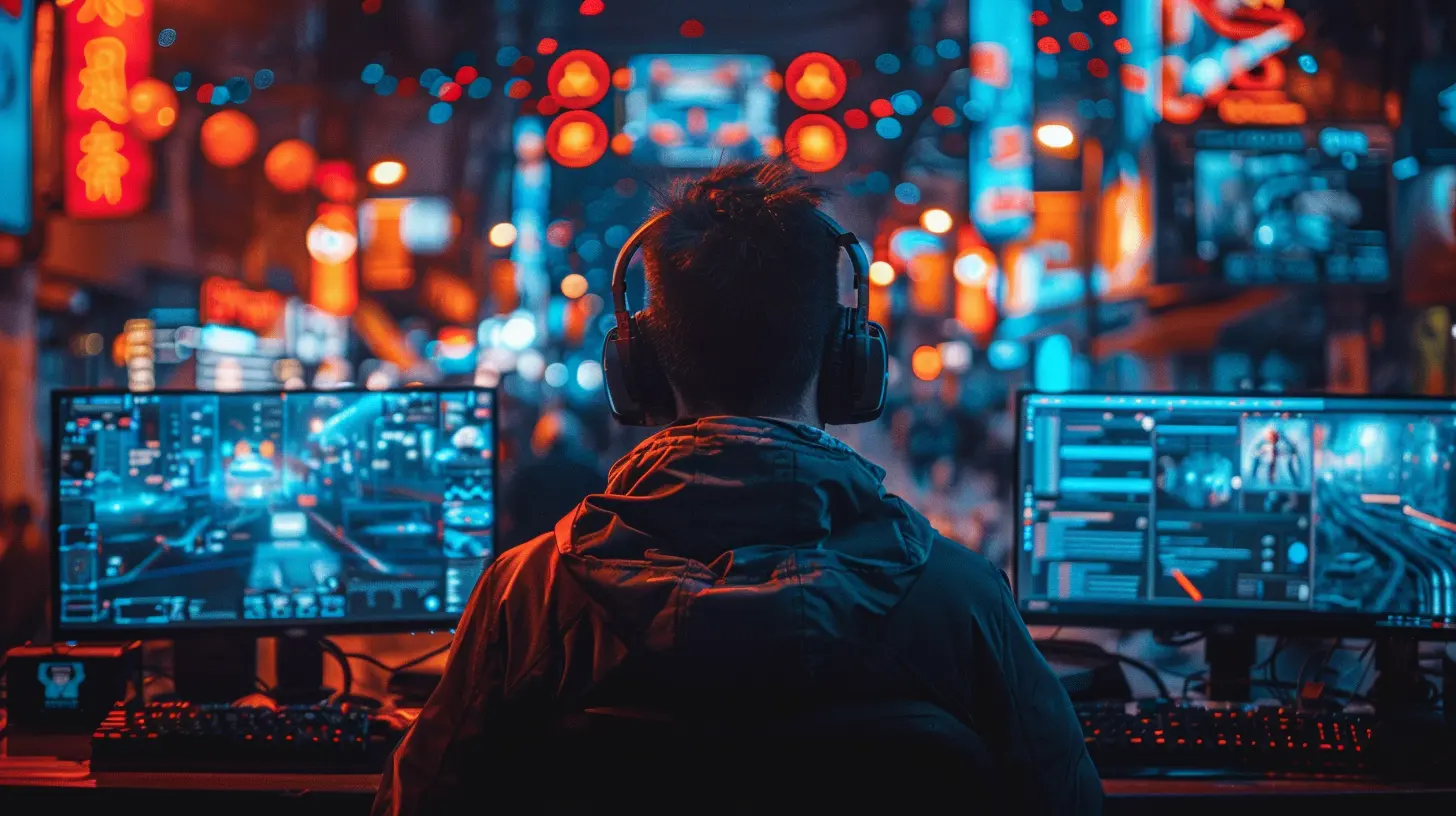
Challenges That Come With the Spotlight
Let’s not paint too rosy a picture here. While gaming events are packed with potential, they also bring a fair share of stress and challenges, especially for indies.5. The Cost Factor
Booths, travel, accommodations, marketing materials—it all adds up. For a small team or solo developer, attending a major gaming event can put a dent in their savings. Sometimes it's a gamble: You’re betting that the exposure and opportunities will outweigh the costs.What if you shell out thousands for a booth, only to have a low turnout or minimal press coverage? It doesn’t always pay off, and that financial risk can be crushing.
6. Crunch Culture Risks
Ah, crunch—the dreaded "c" word of the gaming industry. Prepping for an event often means rushing to slap together a playable demo, promotional assets, or even a trailer. For indie devs working with limited resources, this leads to sleepless nights and burnout. And here’s the kicker: The final push may still result in a booth that looks small compared to the glitzy setups of AAA studios.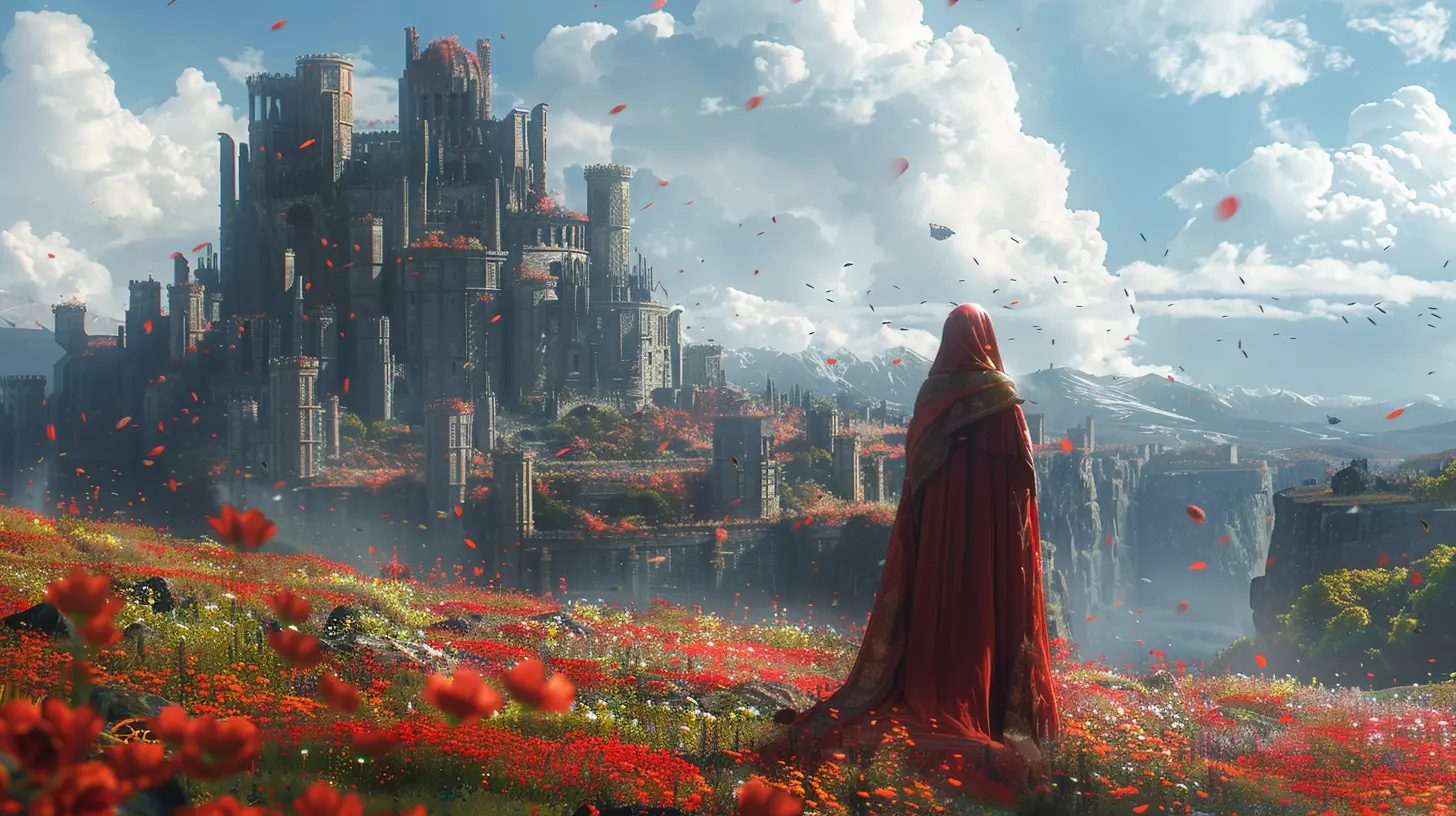
The Role of Digital Gaming Events
Thanks to the pandemic and the rise of virtual platforms, gaming events have taken on a new digital form. Events like Steam Next Fest or Wholesome Direct allow indie devs to participate without the financial strain of traveling or setting up a physical booth.7. A Level Playing Field
Digital events lower the barrier to entry. Small teams with tight budgets can showcase their games alongside industry giants without shelling out for airfare or booth rentals. It’s like everyone getting a chance to sit at the same big table, no matter what their wallet looks like.8. Reaching a Global Audience
Here’s a bonus: Digital events are inherently global. That means indie devs can tap into audiences they might never reach at a physical event. Whether a gamer in Japan or a publisher in Germany, your game can make waves worldwide with the click of a button.Long-Term Impact on Indie Developers
9. Building Credibility
Being featured at a major gaming event can do wonders for a dev’s reputation. Even if a game hasn’t launched yet, appearing on a respected platform builds credibility. Think of it as a stamp of approval—a signal to players, press, and publishers that your game is worth watching.10. Community Support
Post-event buzz often translates into increased social media followers, wishlist additions, and community support. This momentum is invaluable, particularly when it comes to crowdfunding campaigns or building hype for the game’s launch.11. Lessons Learned
Finally, participating in gaming events offers a treasure trove of learning opportunities. Whether it's observing how other devs market their games, gathering feedback on your demo, or even dealing with the logistical hurdles of booth setup, every experience adds to the developer's toolkit.Are Gaming Events Worth It?
So, are gaming events worth it for indie devs? The answer isn’t cut and dry. For many, these events can mean the difference between obscurity and success. They open doors, foster connections, and provide a stage to showcase creativity. But the costs—financial, physical, and emotional—can’t be ignored.For indie developers, it’s all about strategic planning. Choosing the right event, setting realistic goals, and balancing exposure with sustainability are key. When done right, gaming events can be a springboard that helps indie games leap to greater heights. When done poorly, they can become financial sinkholes.
Ultimately, the impact of gaming events on indie developers boils down to how they’re used. It’s like a sword in an RPG: A powerful tool in the right hands, but something that can backfire if wielded without care.



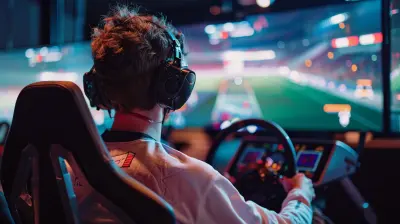
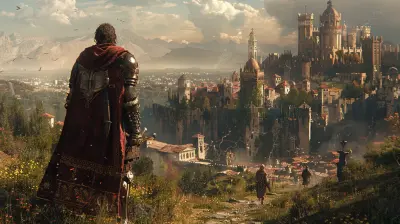
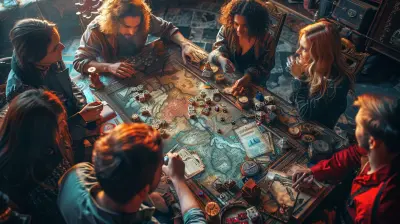
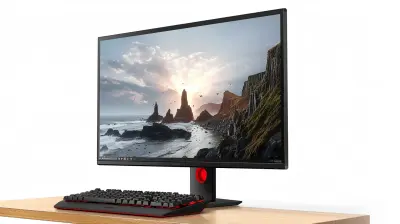
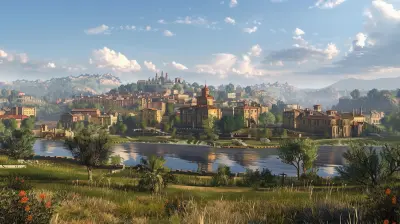
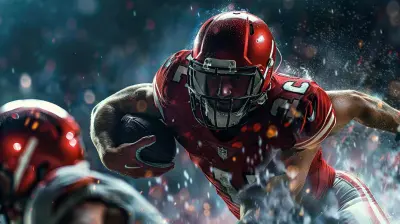
Niva McNeely
Indie devs: where dreams meet caffeine-fueled chaos!
April 8, 2025 at 4:09 AM